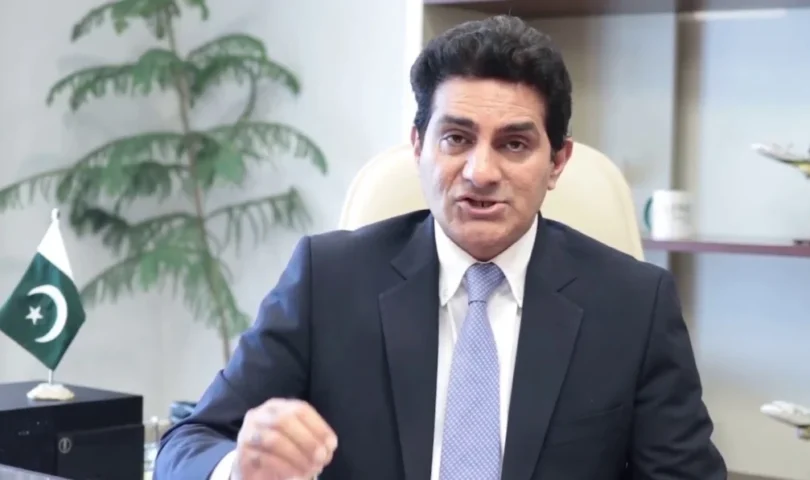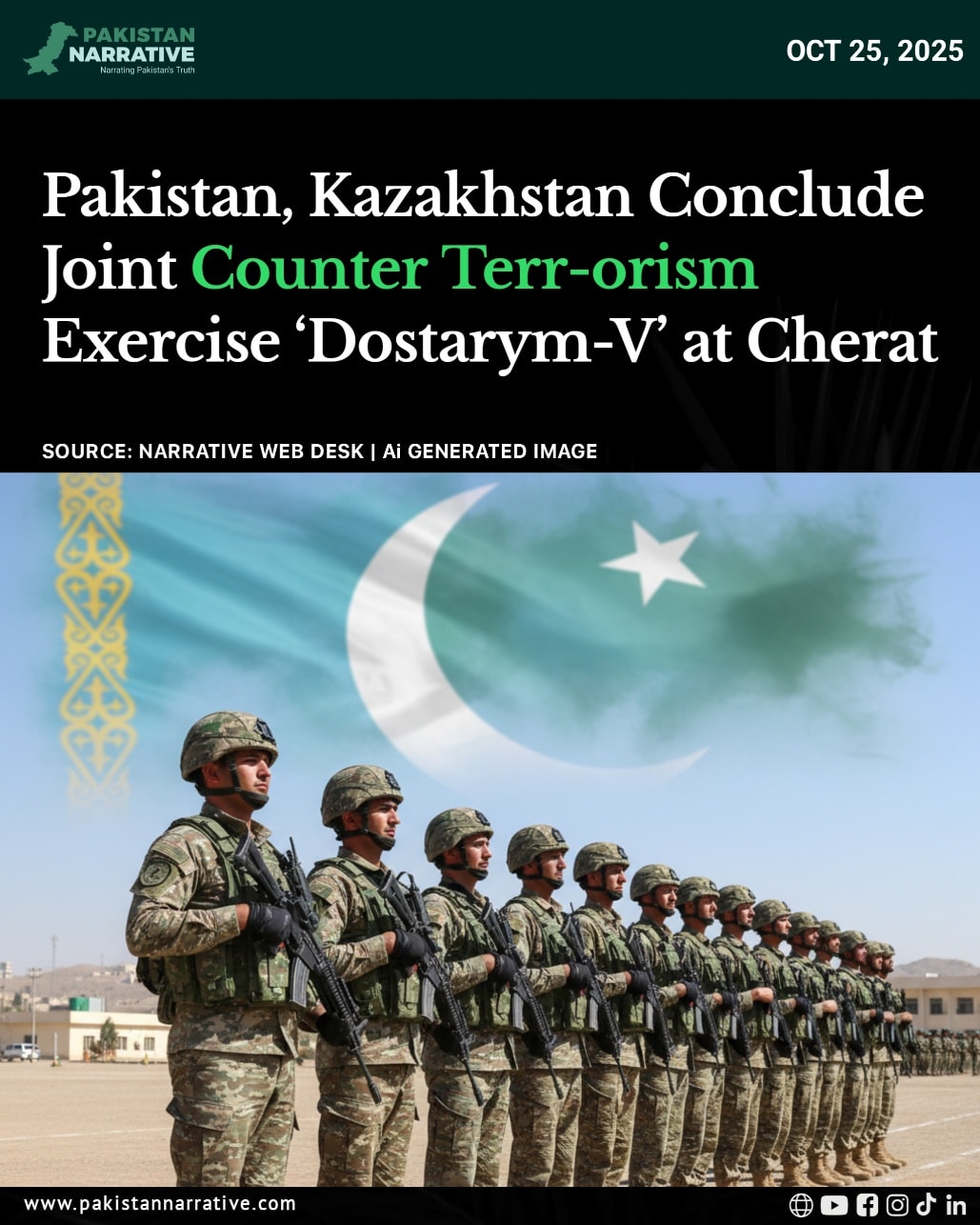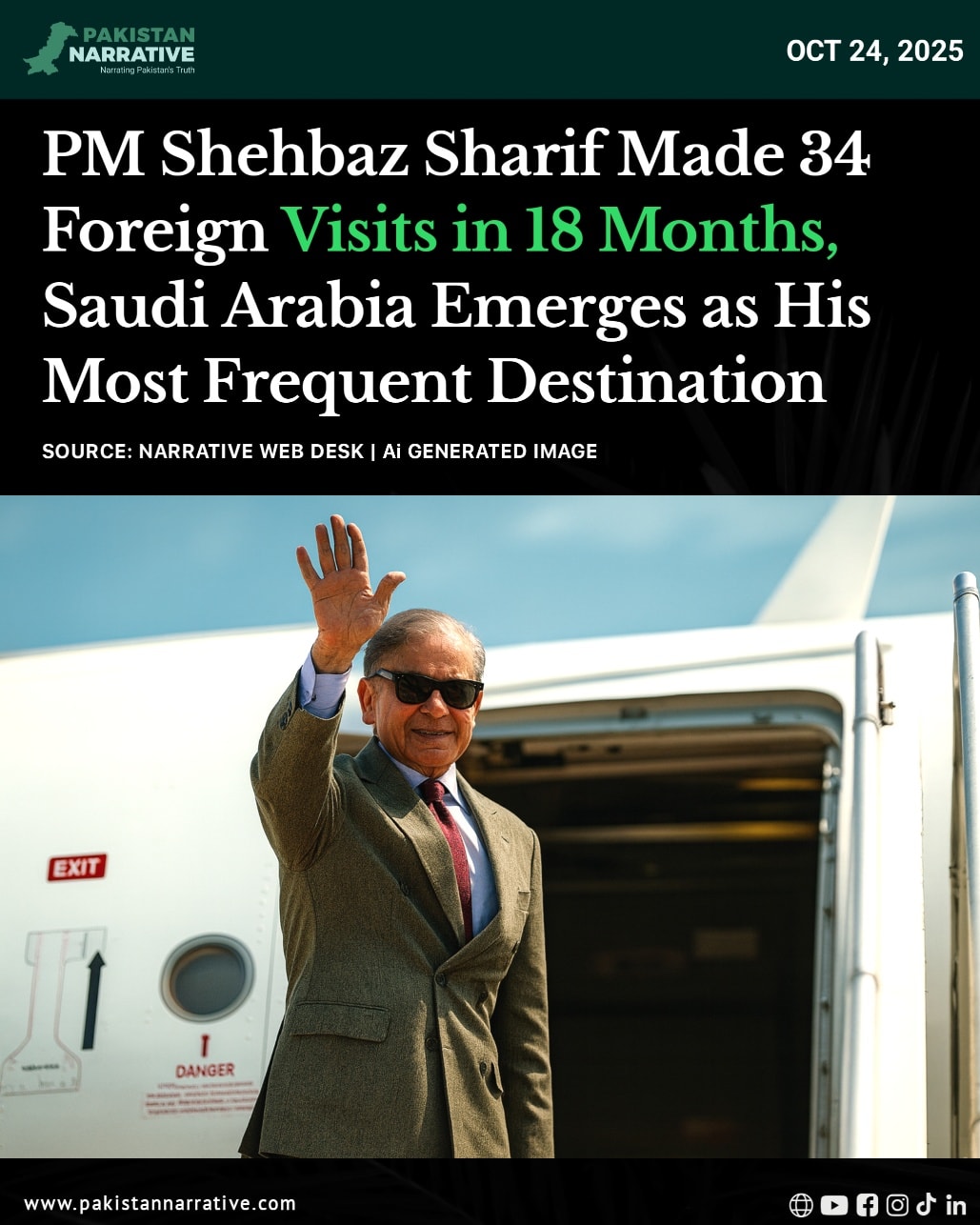ISLAMABAD: Former Pakistan International Airlines (PIA) chief executive Musharraf Rasool Cyan has accused land grabbers of illegally seizing his ancestral property in the capital, prompting Prime Minister Shehbaz Sharif to constitute a seven-member investigation committee.
According to officials, Mr Cyan submitted a complaint to the premier on Monday alleging that 137 kanals of farmland in Mera Begwal had been fraudulently transferred through forged documents and a fake power of attorney.
The prime minister directed the formation of a joint investigation team (JIT) headed by Islamabad Deputy Commissioner Irfan Nawaz Memon. Members of the ISI, IB, FIA, federal police, a Pakistan Navy representative, and a forensic expert will assist in the inquiry. The committee has been tasked with submitting its findings within a week.
‘Fraudulent takeover’
In his complaint, the former civil servant — who also served on international development assignments — alleged that elements of the land mafia, in connivance with officials of the Islamabad Capital Territory (ICT), orchestrated the fraudulent takeover of his farmland, known as Cyan Farms.
He claimed the property was forcibly occupied while he was abroad, with his livestock and equipment missing upon his return. Individuals reportedly claiming to represent the Pakistan Navy Benevolent Association (PNBA) asserted the land had been “purchased” through a forged power of attorney executed by one of his former farm workers.
The complaint further alleges irregularities in the mutation process, forged signatures, absence of biometric verification, and payments routed to an unauthorised individual. A cousin of a registry official allegedly acted as a witness to the disputed transfer.
PNBA ‘victim of deception’
Interestingly, Mr Cyan’s letter also suggested the PNBA itself may have been defrauded, having reportedly paid over Rs383 million in instalments to the unauthorised party, while the official records reflected a much lower value.
Calling for transparency, he urged the government to treat the case as a test of institutional accountability, warning that failure to act would damage public trust. “This case must become a test case for the government,” he wrote, “to demonstrate that the law can protect citizens, even against powerful networks of corruption and fraud.”





